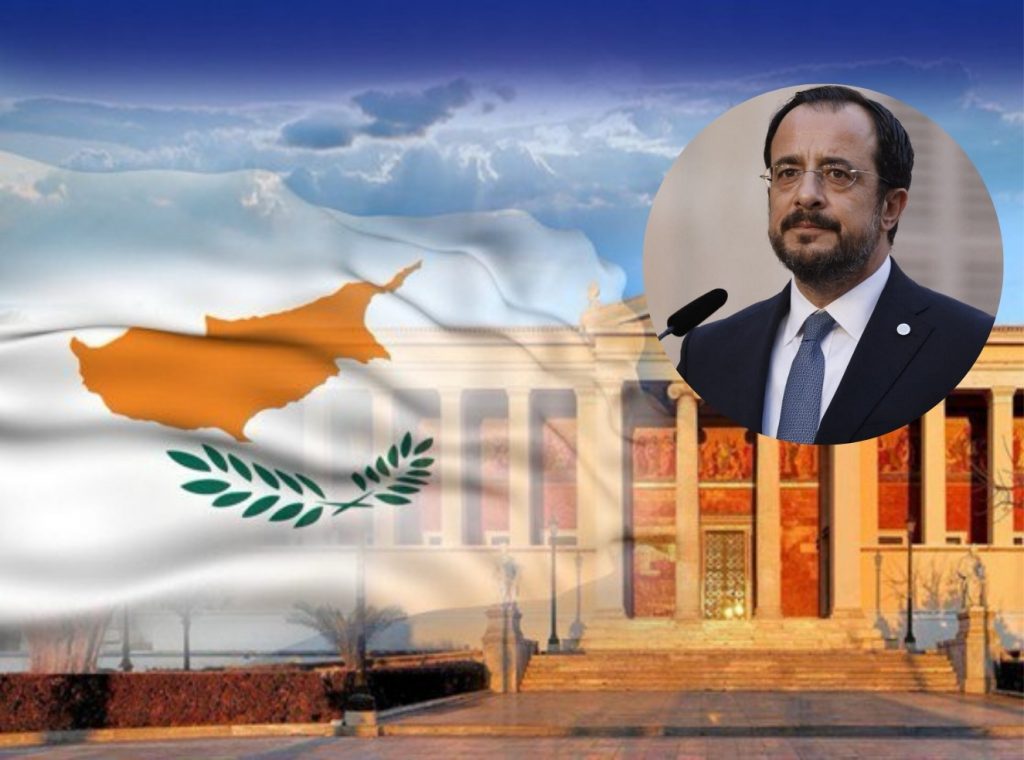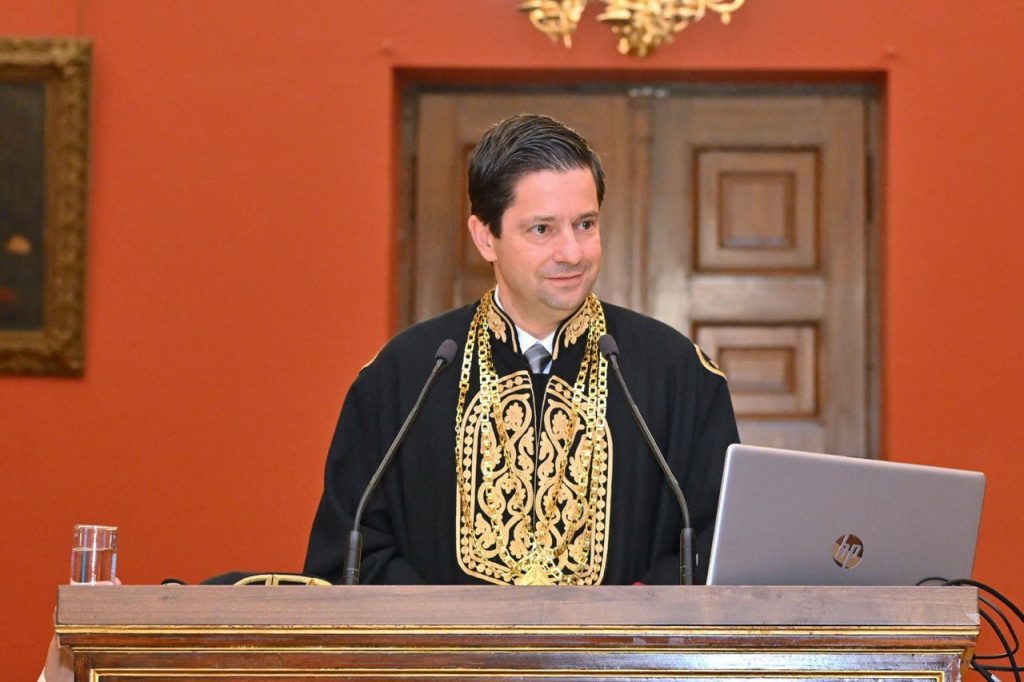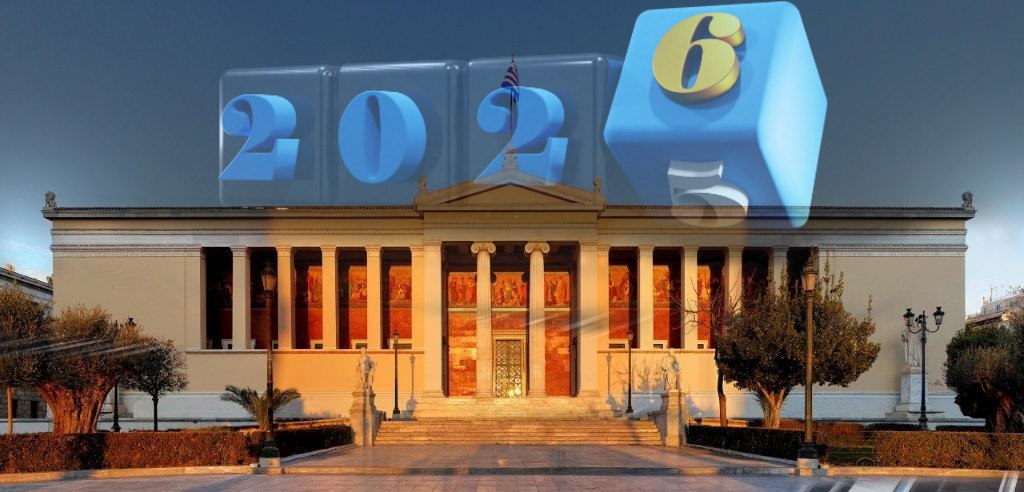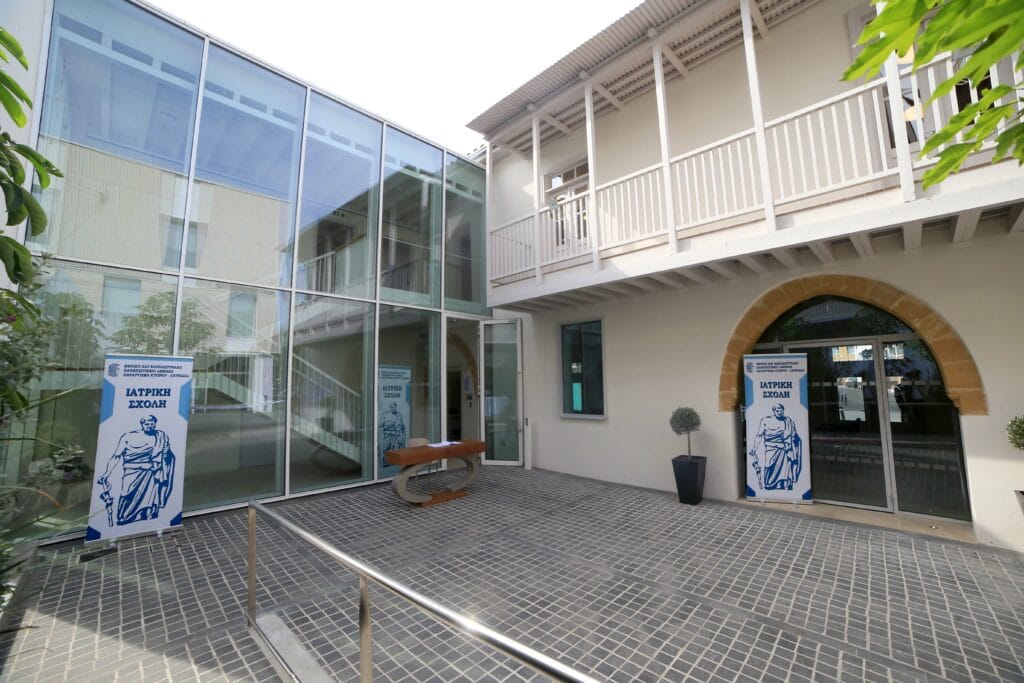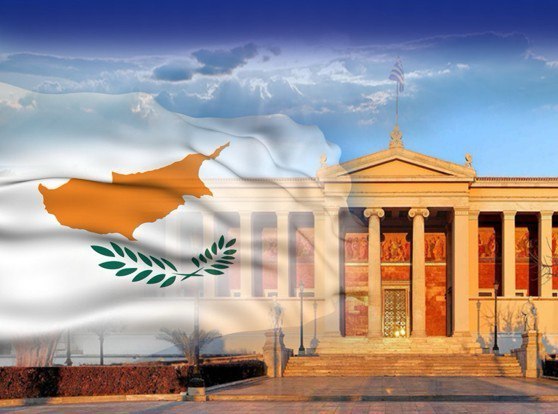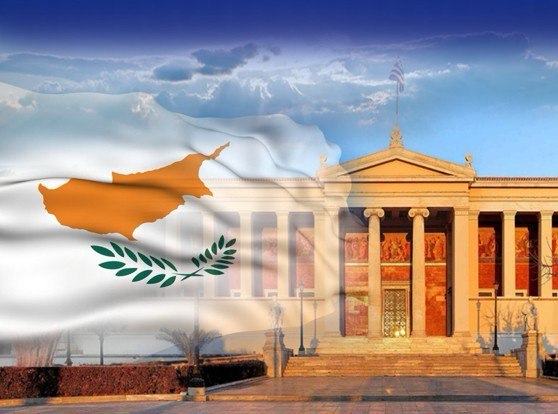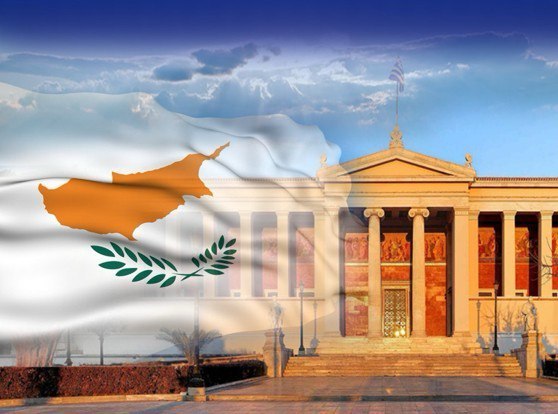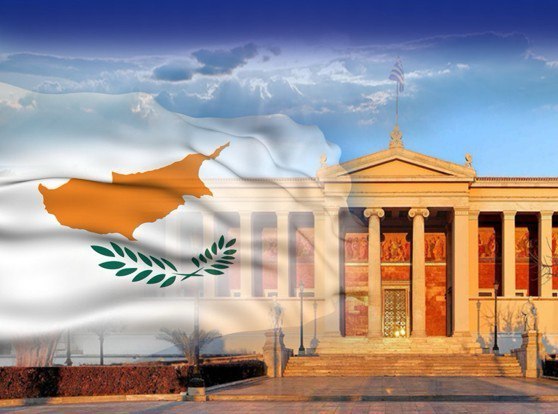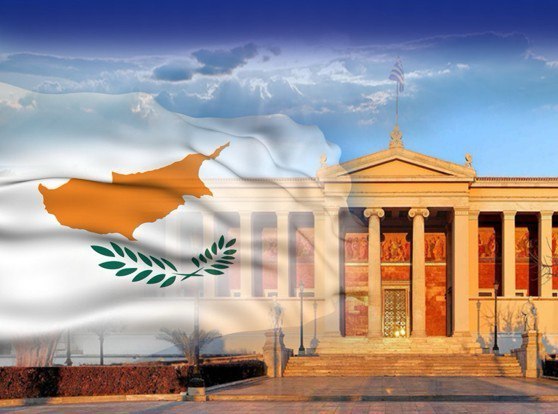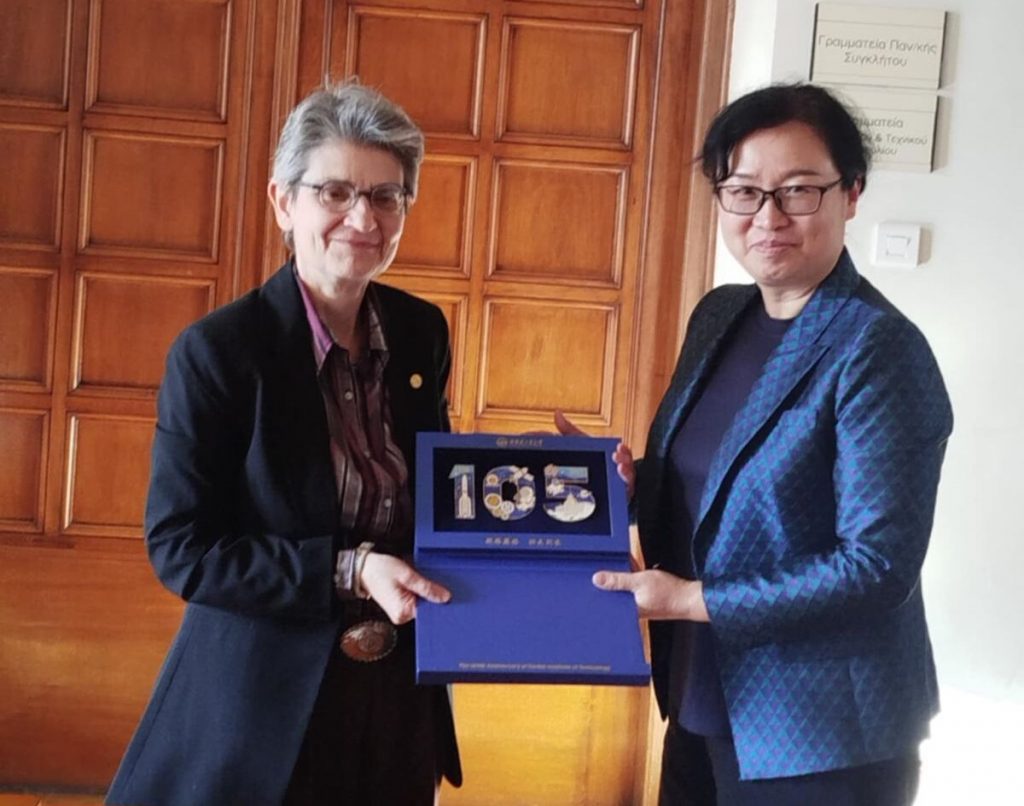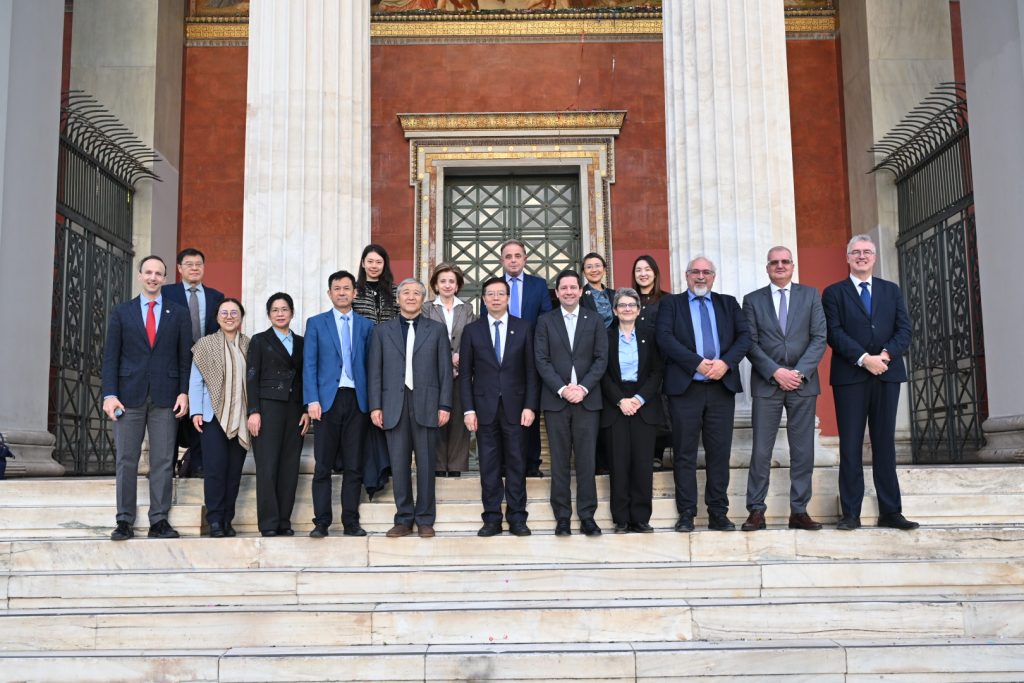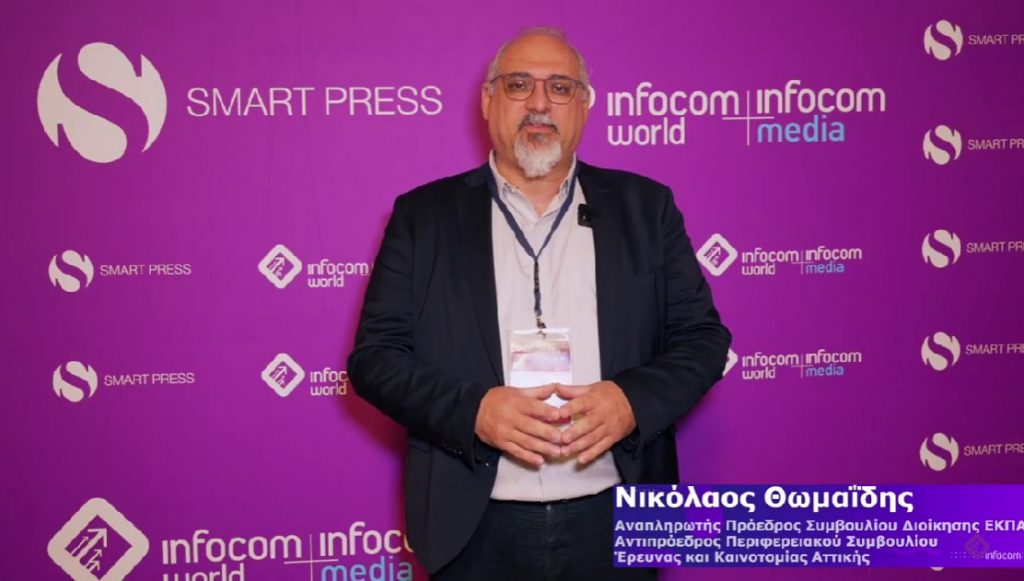The Foreign Language Teaching Centre of the University of Athens serves as a bridge between the academic community, on the one hand, and the world, the international stage, the different languages and the various cultures, on the other.

The epicentre of foreign language learning, one would say with a slight exaggeration, is the University of Athens and its competent Unit, i.e., the Foreign Language Teaching Centre. Also known as ‘the Didaskaleio’, this Centre teaches today 25 different languages.
The Centre started in 1931 and remains in operation to this day with dozens and dozens of language learners of every age. In the words of the Vice-Rector for Academic and Student Affairs, professor Dimitrios Karadimas, ‘the Foreign Language Teaching Centre, an independent and autonomous academic Unit of the University since 1994, offers high standard foreign language courses, always under the auspices of the University of Athens. A Board, chaired by the Vice-Rector for Academic and Student Affairs and subject to the control of the University Senate, governs the Unit’.
According to professor Karadimas, ‘from the very moment of its inception, the objective of the Centre has been the teaching of foreign languages. For a long time, the focus was only on the widely spoken ones, namely English, French, German, and Italian. Spanish and Russian came as later additions. Today we proudly offer in the Centre 25 languages at all levels of competence.’
In reality, the Foreign Language Teaching Centre of the University of Athens serves as a bridge between the academic community, on the one hand, and the world, the international stage, the different languages and the various cultures, on the other.
Registrations for the academic year 2022-23 will be open until the end of October. Courses will begin on Monday, 24th October, with–obviously–normal in-person meetings.
And which languages are offered? ‘I can hardly enumerate them all’, says professor Karadimas in jest, and continues, ‘we teach the following languages at our Centre: English, Albanian, Arabic, Bulgarian, French, German, Danish, Japanese, Hindi, Spanish, Italian, Chinese, Korean, Norwegian, Dutch, Persian, Polish, Portuguese, Romanian, Russian, Serbian, Swedish, Turkish, Czech, and Finnish. Let me add, however, that we are interested in expanding the number of languages we offer in response to potential interest expressed by our students about learning a language other than those taught at the Centre. In addition to the conventional foreign language courses at various levels, the Centre offers programmes for those looking to develop more advanced foreign language skills; these programmes range from language laboratories to translation to legal and medical terminology classes’.
Are these courses exclusively addressed to the students of the University of Athens, and are there any tuition fees? ‘The first question includes in its wording the driving force behind the creation of the Foreign Language Teaching Centre’, says professor Karadimas, and adds, ‘we had to make it easier for our students to learn one or more languages or improve their foreign language skills. Along the way, we decided that the Centre should open doors for the community and make its services available to the public. Today, enrolment in the Centre is not limited to current students of the University of Athens. The Centre also welcomes students from other Greek Universities and anyone interested in learning a foreign language. Tuition fees do apply—they enable the Centre to cover the running costs—in comparison to other Centres, however, they are particularly low. The tuition fees for each level of study are detailed on our web page’, professor Karadimas concludes.
And in the end, what? Upon completion of a course, the Foreign Language Teaching Centre of the University of Athens provides participants with a Certificate of Attendance and a Certificate of Studies. Of course, the Centre also aims at the success of its students in the official examinations for recognized language qualifications.




